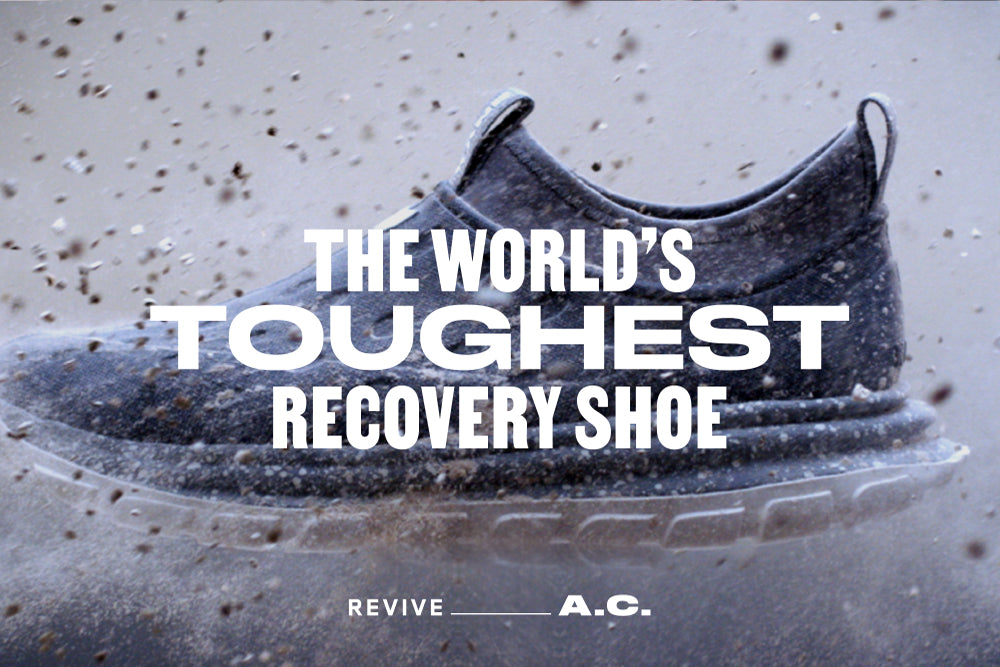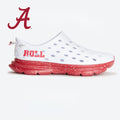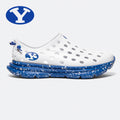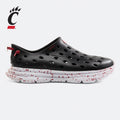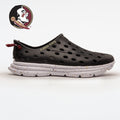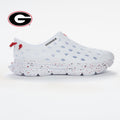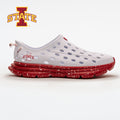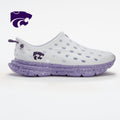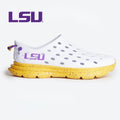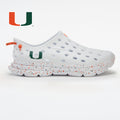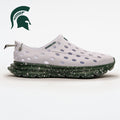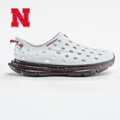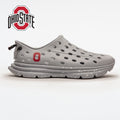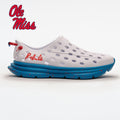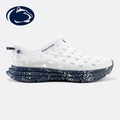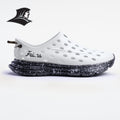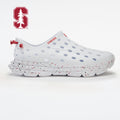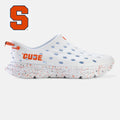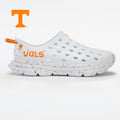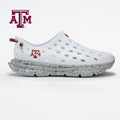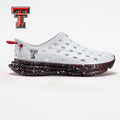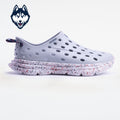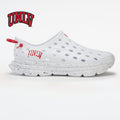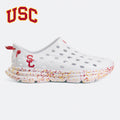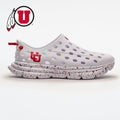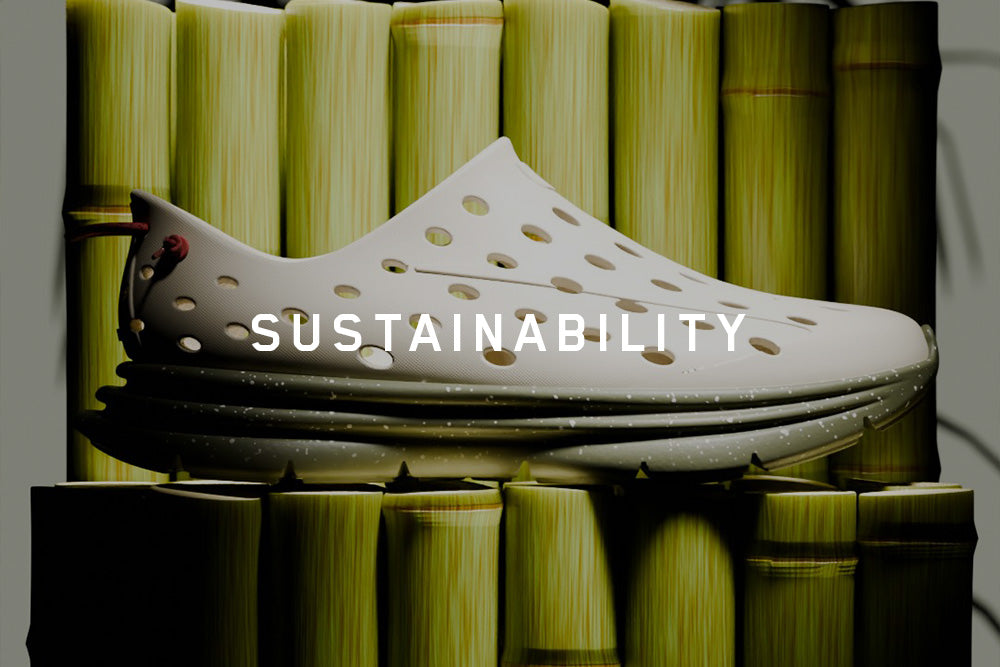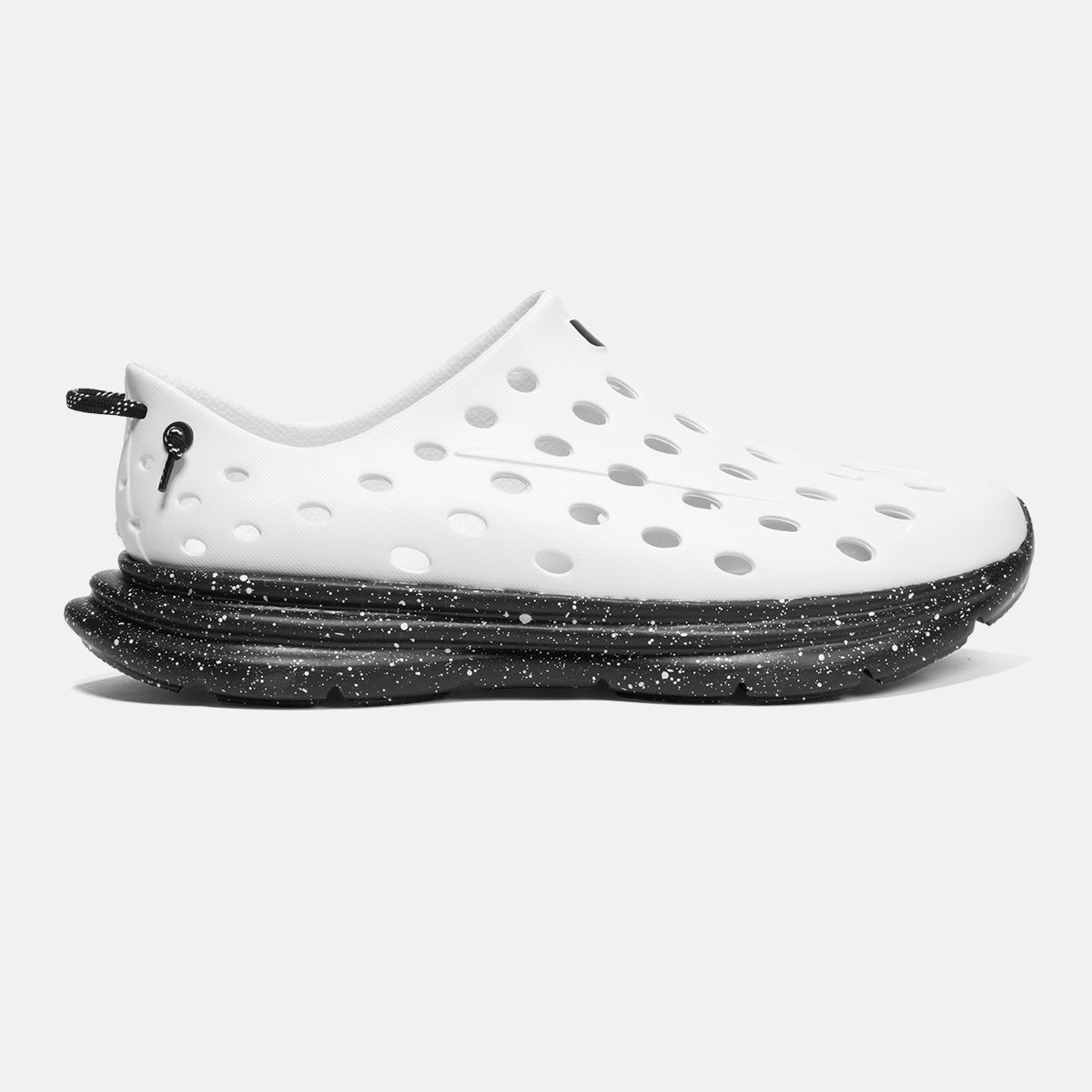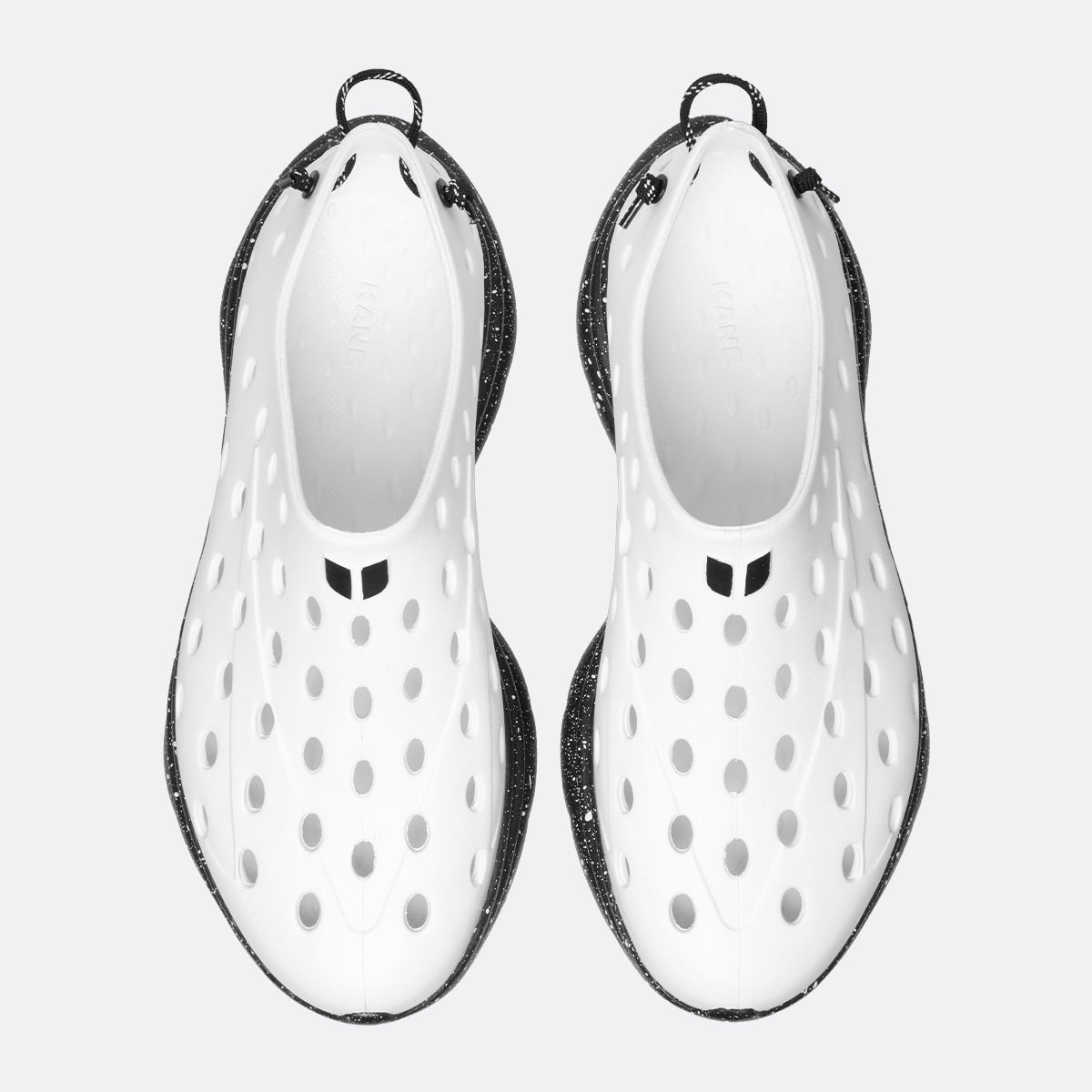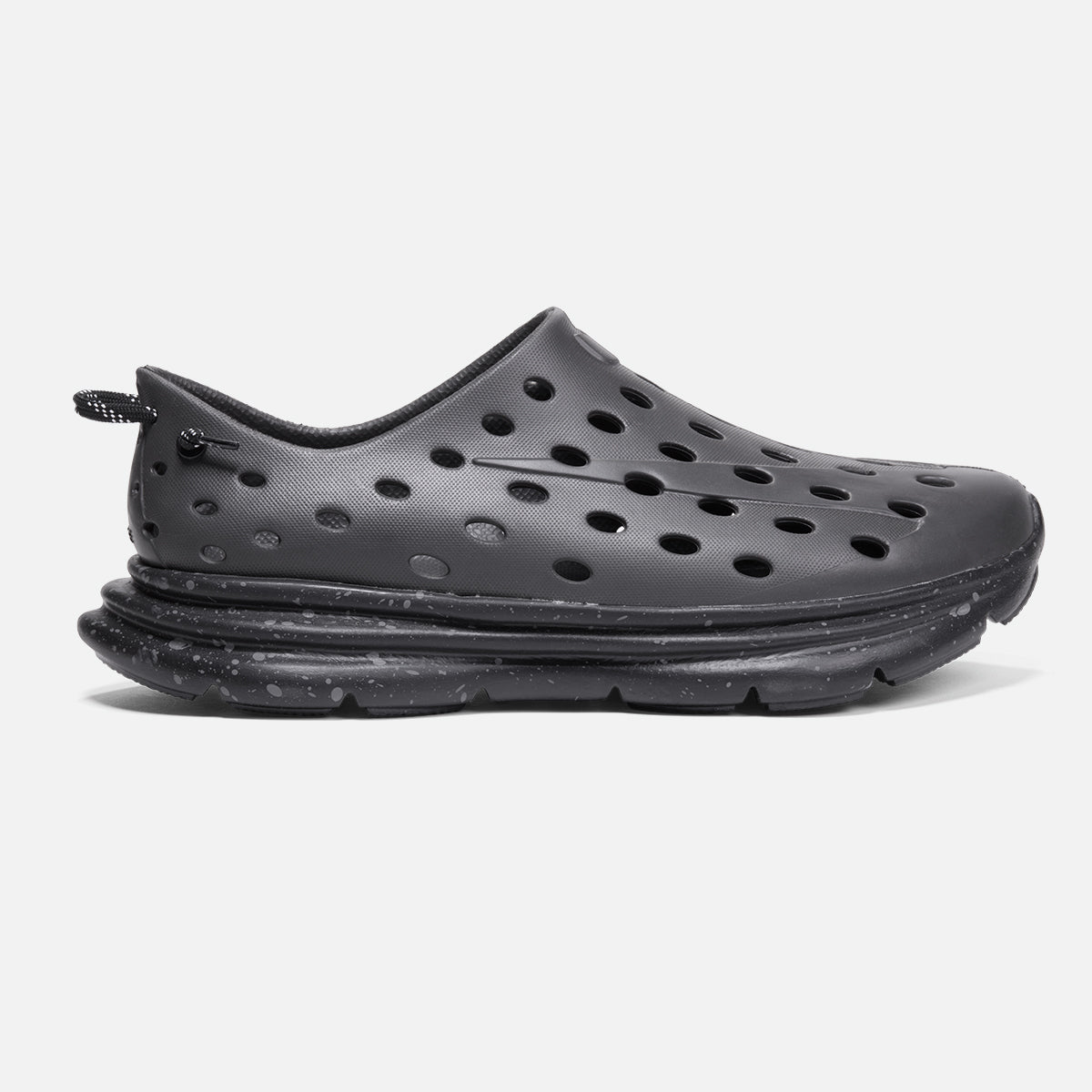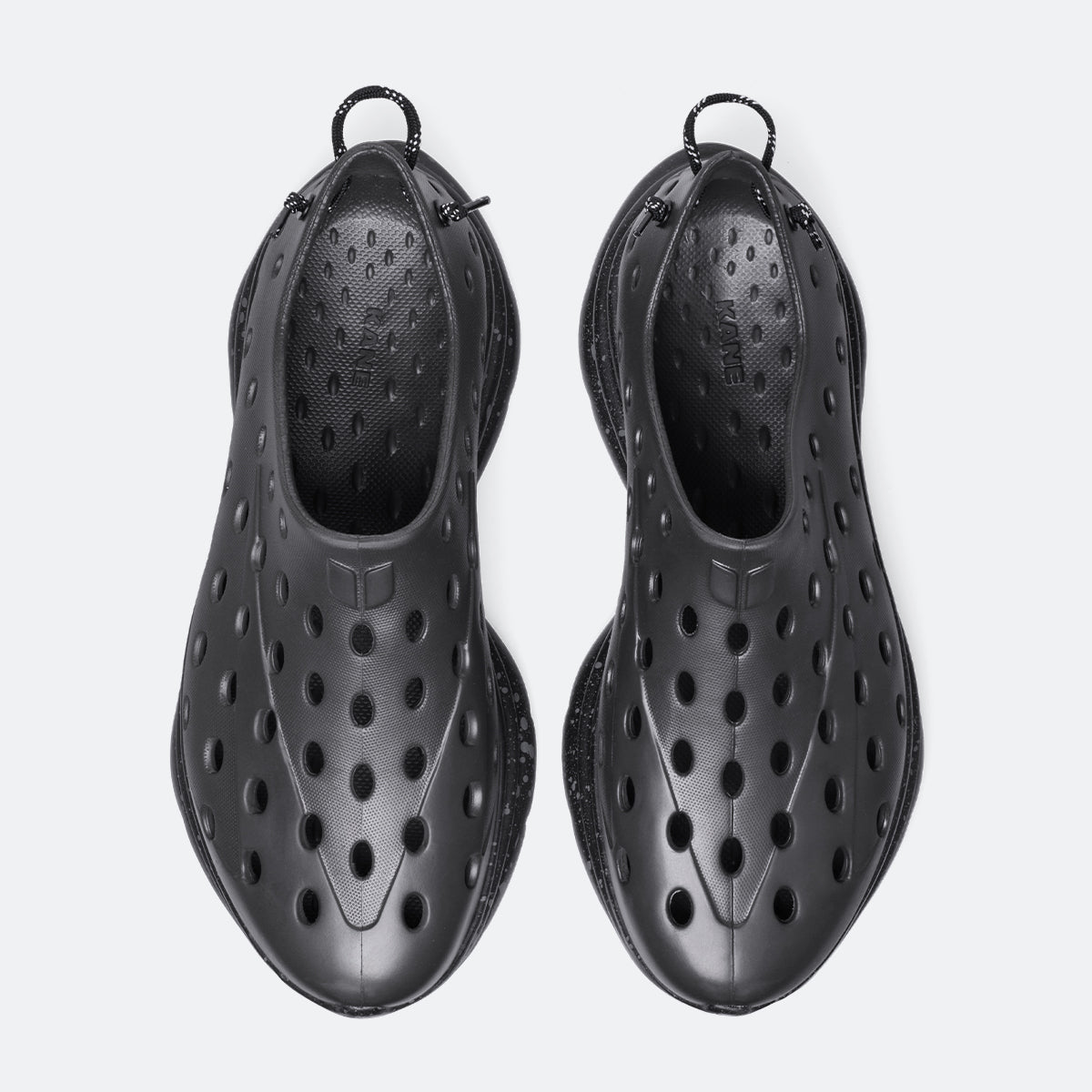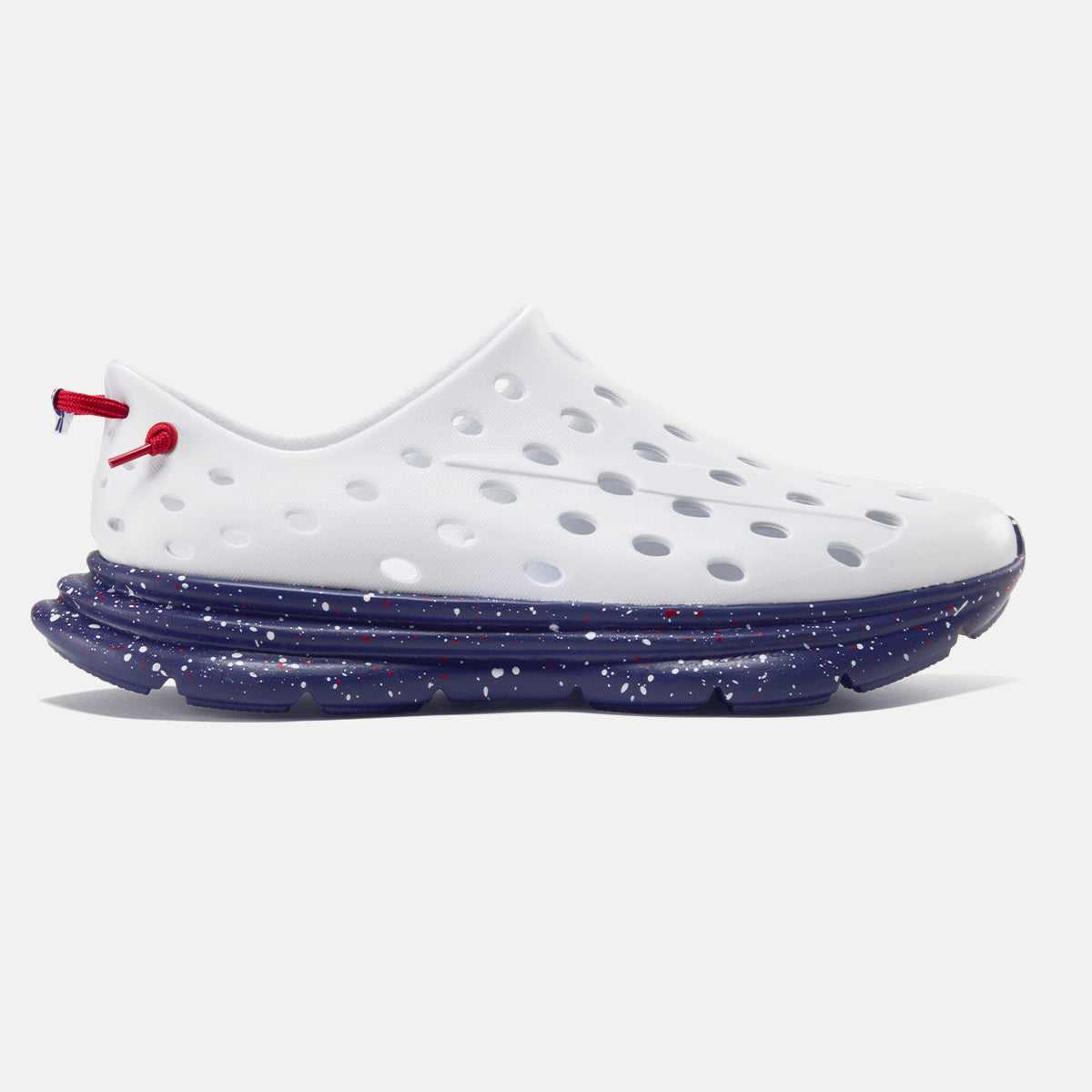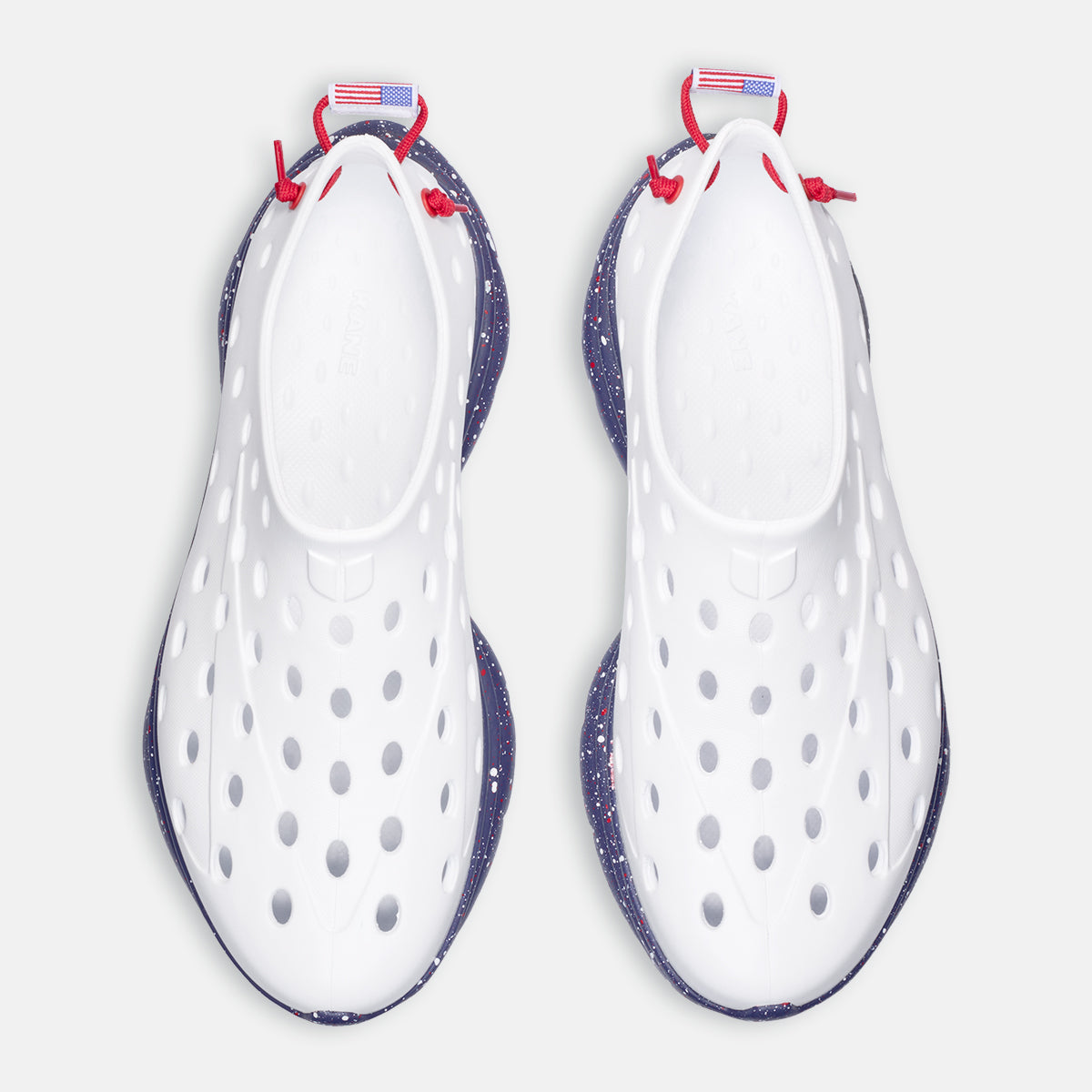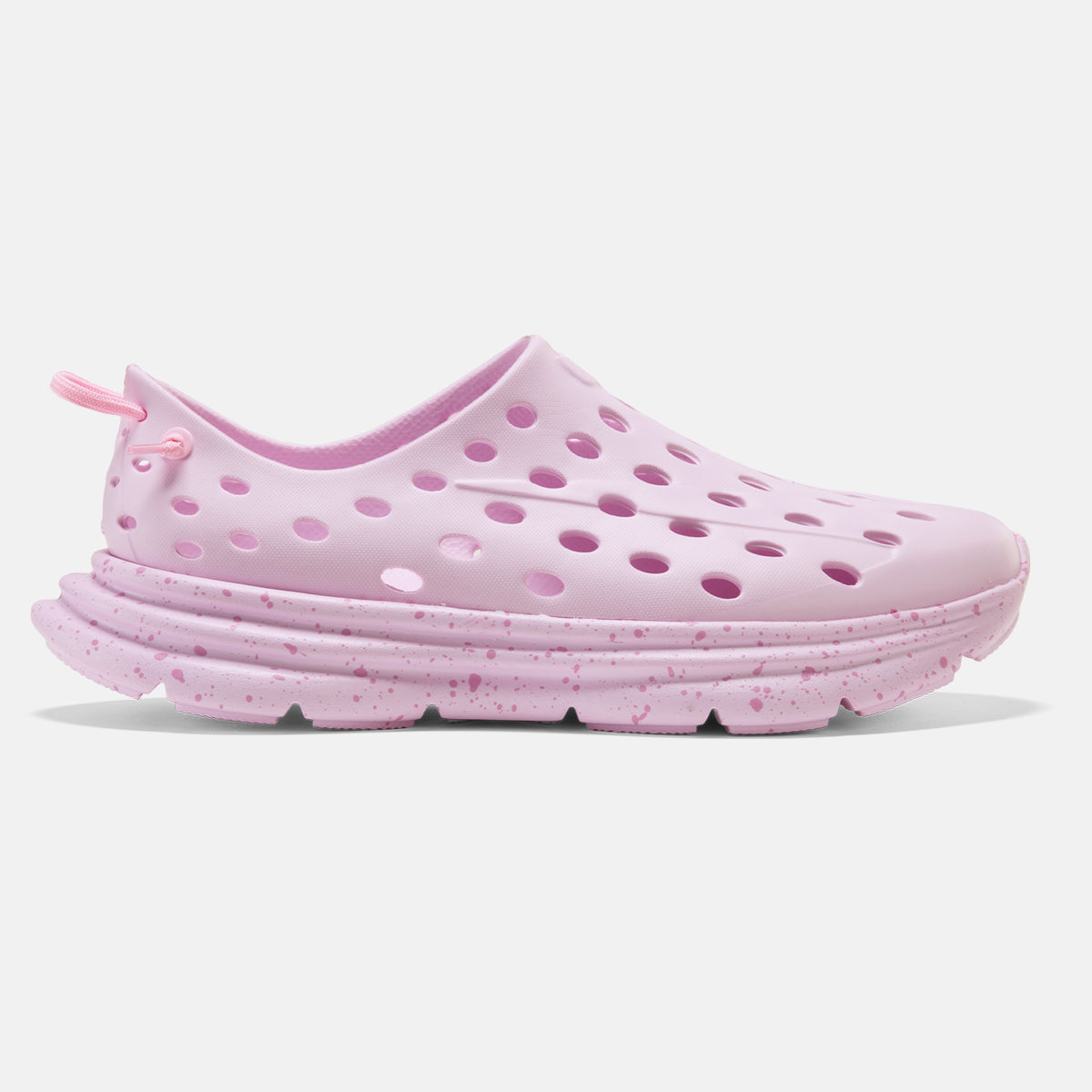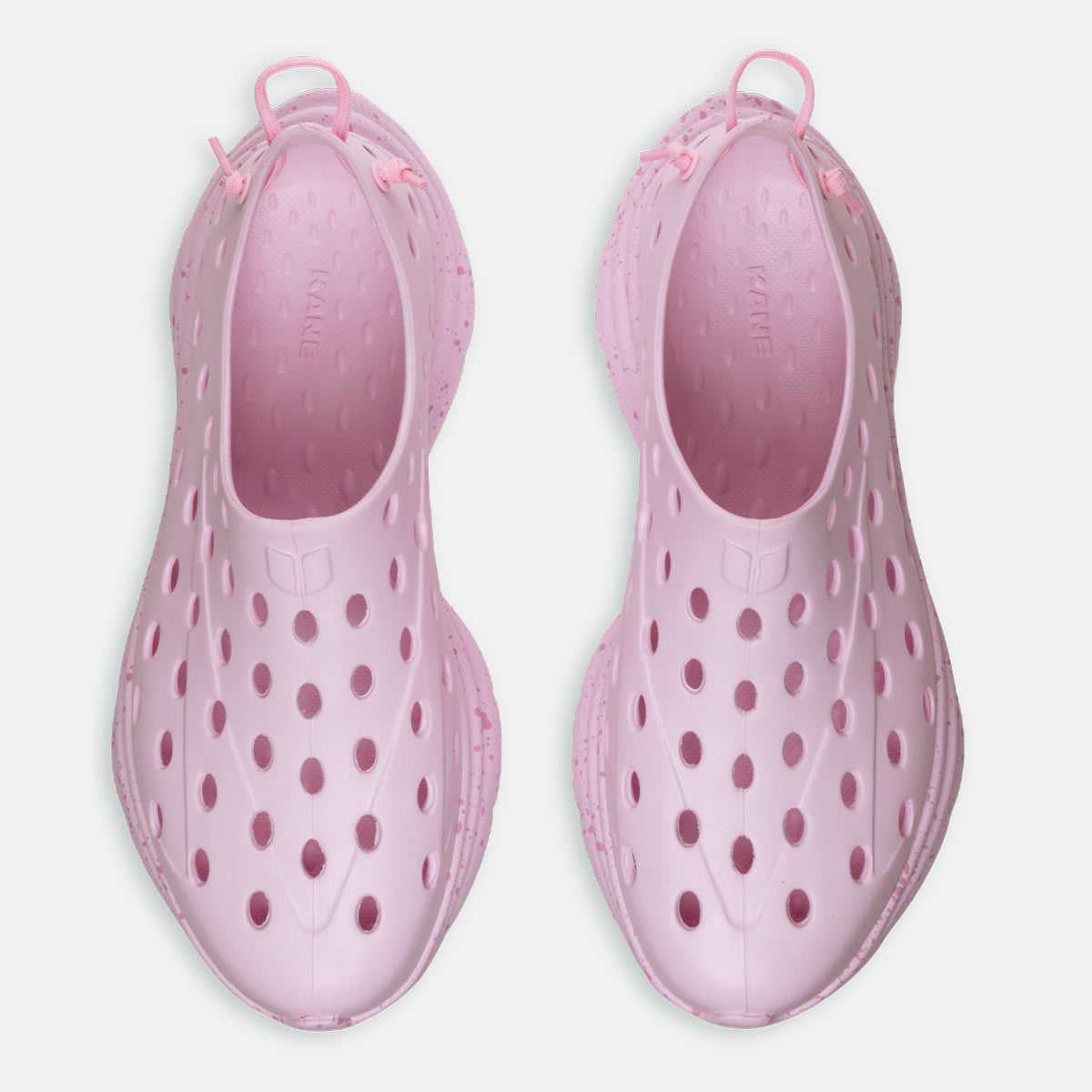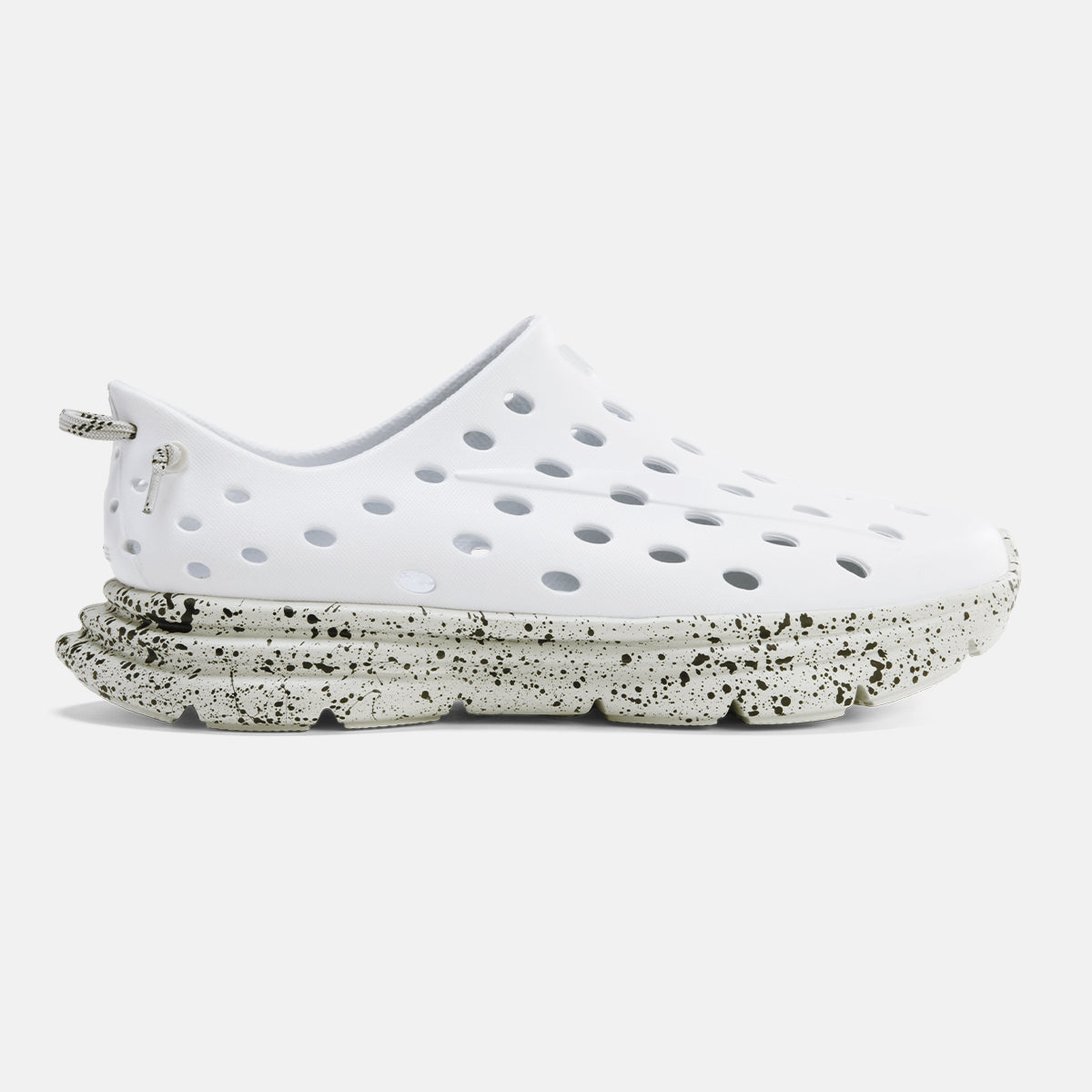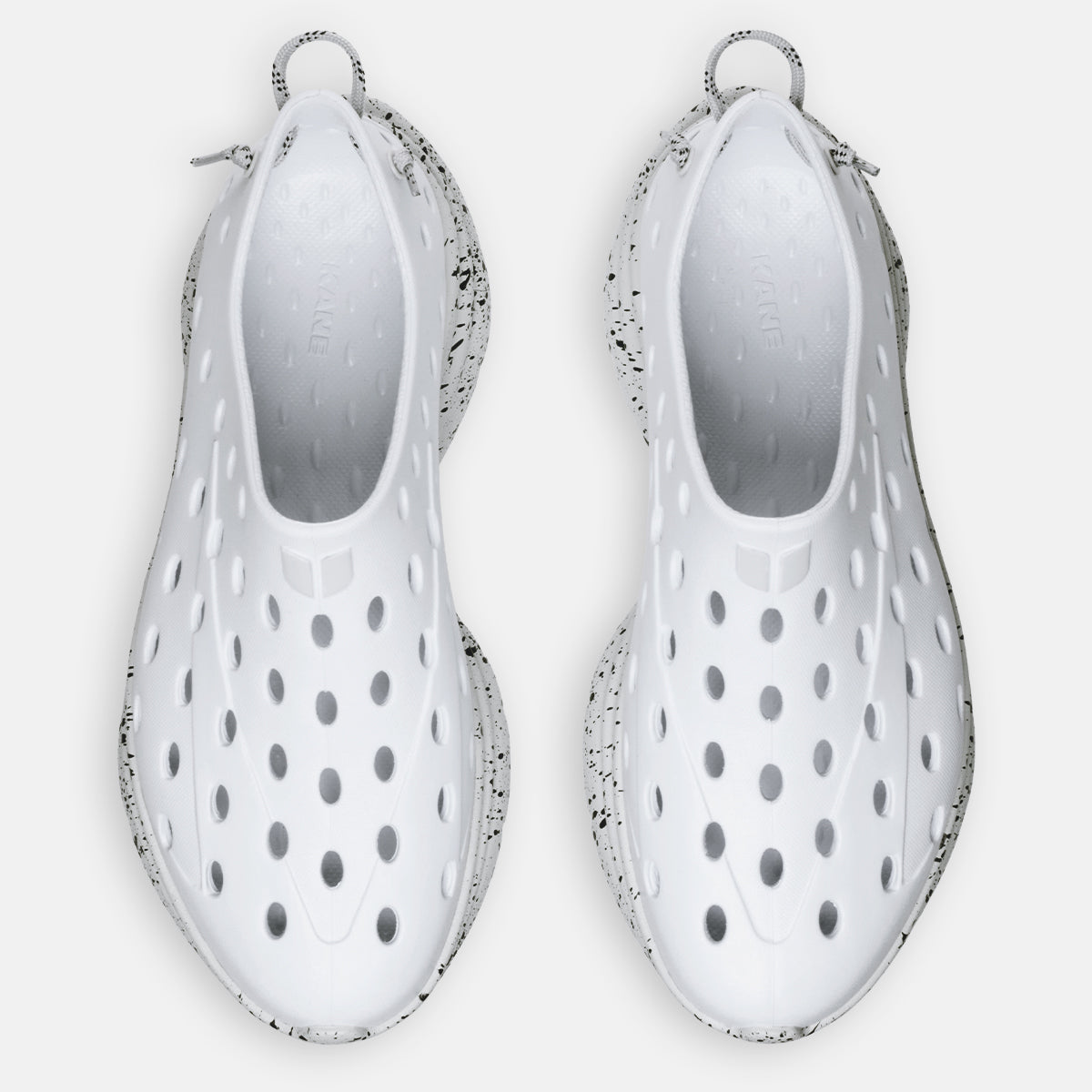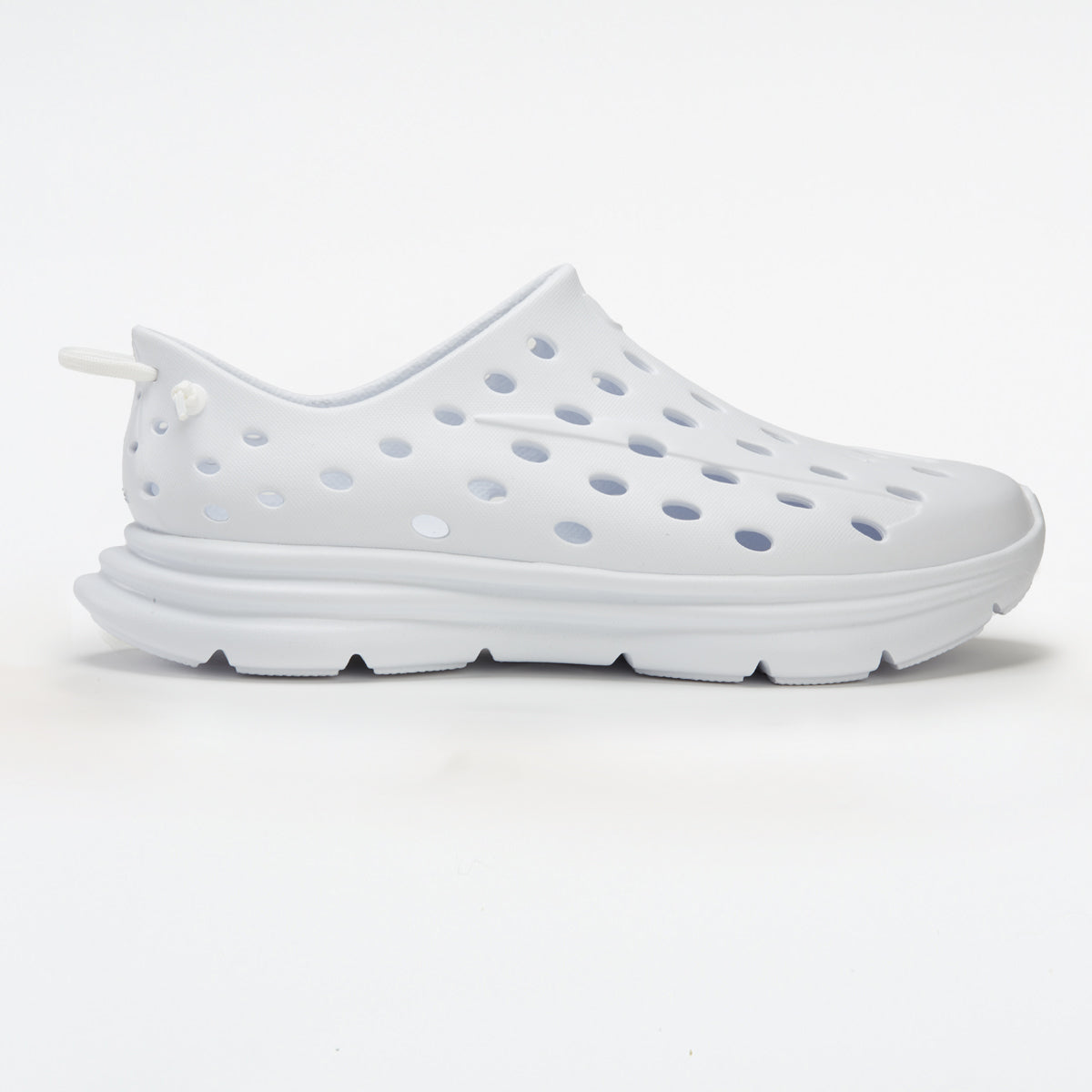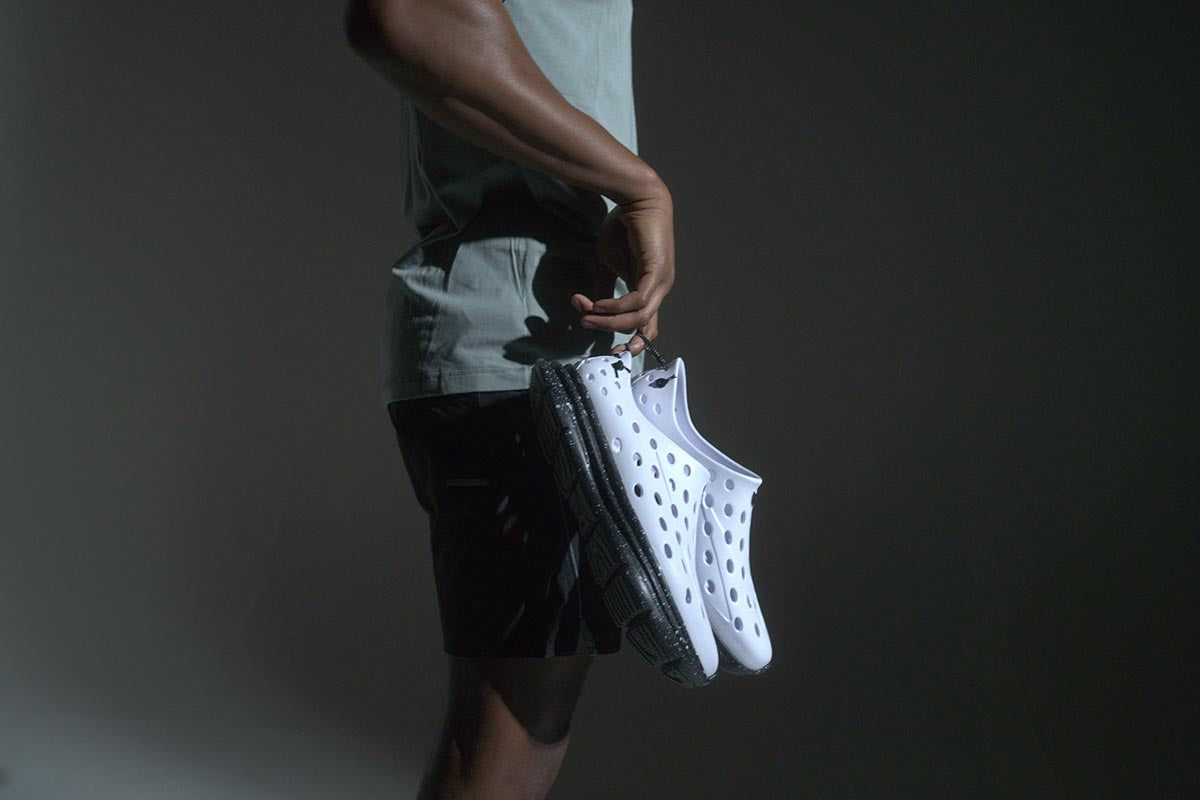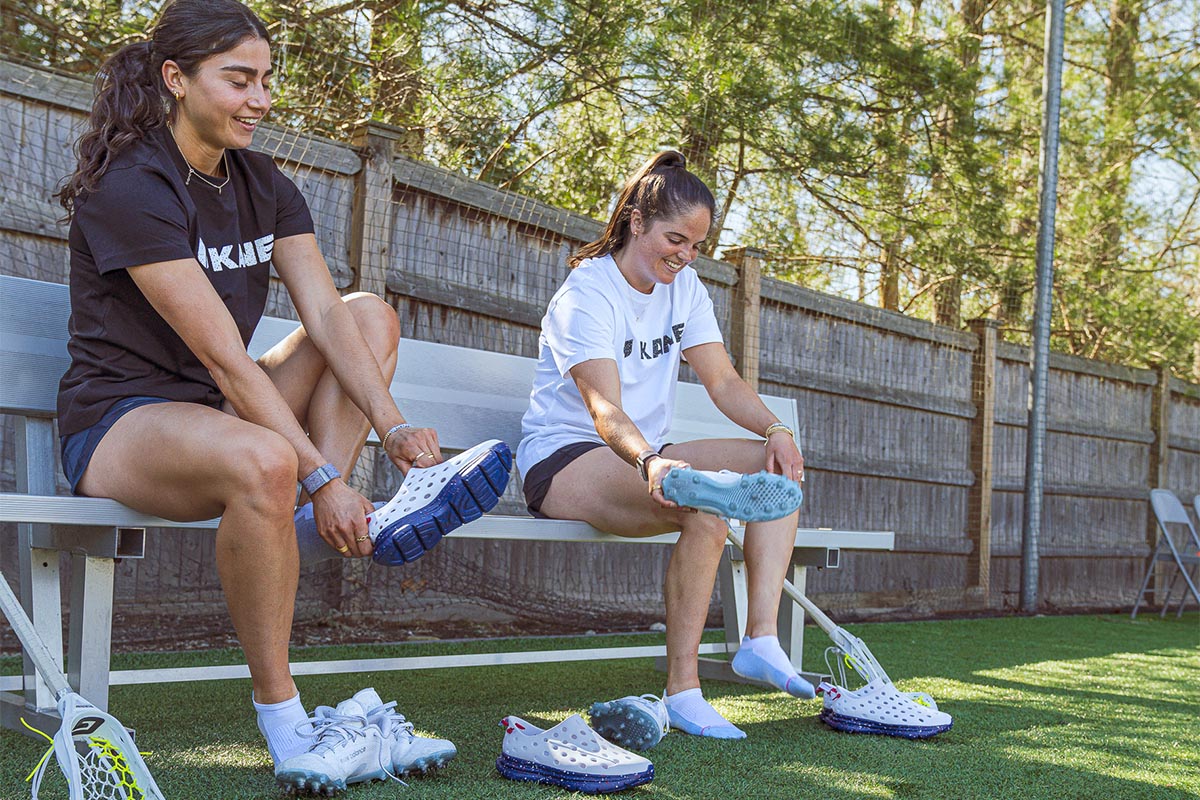Congratulations! You just ran a half marathon! You’ve probably been training for this moment with dedication for many months. Now what?
Well, now you need to help your body recover from this feat of strength and stamina. And that starts right away. Indeed what you do immediately after your run sets you on the path to a successful recovery. But it doesn’t end there: In the days and weeks after your run, your body is still recovering.
In this blog post, we outline each stage of half marathon recovery, starting right after the run and following through to the days and weeks after your run.
Immediately after you finish the half marathon (1 hour)
You just crossed the finish line, now what? You may feel energized or depleted. But it’s important to have a post-half marathon recovery plan that starts on race day.
Cool down
Cooling down properly after a half marathon is essential to help your body recover and reduce the risk of post-race discomfort. Here's a recommended cooling-down routine:
- Slow down gradually: As you approach the finish line (or after you cross it), gradually reduce your pace and allow your body to transition from running to walking. This gradual slowdown helps lower your heart rate gradually and prevents blood pooling in your lower extremities.
- Don’t abruptly stop moving: After crossing the finish line, continue walking or lightly jogging for 10-15 minutes. This helps to gradually bring your heart rate back to normal and prevents blood from pooling in your legs.
Replenish electrolytes
When you run, you sweat, and along with sweat, you lose electrolytes such as sodium, potassium, calcium, and magnesium. These electrolytes play essential roles in maintaining fluid balance, muscle function, nerve transmission, and overall body function.
To replenish electrolytes after running a half marathon, you can consume electrolyte-rich foods and beverages or use electrolyte replacement drinks (like Gatorade) or supplements specifically designed for athletes. These products provide a balanced blend of electrolytes to help restore what was lost during exercise and support optimal recovery.
Rehydrate
Drink plenty of water to replenish the fluids lost during the race. Proper hydration helps with muscle recovery and overall well-being. However, take care to sip on fluids to avoid consuming too much too quickly, as this can lead to discomfort.
Refuel
Okay, don’t scarf back a big bowl of pasta (yet), but you do want to get some fuel into your body. Gentle foods will land just right in your tummy and set you up for a proper recovery meal later on. Think of the kind of food you would eat if your tummy was sensitive. Some top picks include:
- A banana
- Some string cheese
- A hard-boiled egg and some crackers
- A glass of chocolate milk
- A smoothie made with Green yogurt
*Optional* Try an ice bath or cold water immersion
Some runners find ice baths or cold water immersion helpful for reducing muscle inflammation and promoting recovery. If you choose to do this, immerse your lower body in cold water (around 10-15 degrees Celsius or 50-59 degrees Fahrenheit) for 10-15 minutes.
However, it's important to note that this method is not suitable for everyone and may not be necessary for all individuals.
Shower & change
Chills can creep in if you hang out too long in your sweaty clothes, so get home and into the shower as soon as you can. Dress in loose, comfortable, and warm clothing afterward (layer up if it’s one of those days when you might feel hot one moment and chilly the next).
Do some gentle stretches
Perform some gentle stretching exercises to help alleviate muscle tightness and reduce the risk of post-race stiffness. Focus on major muscle groups such as calves, hamstrings, quads, and hip flexors. Hold each stretch for 20-30 seconds without bouncing or forcing the stretch.
Later the same day (1-2 hours after your run)
Good job, you’ve put your body on the course of a full recovery. How should you spend the next few hours? Good news: This part is easy: Really, we want to focus on refueling.
Slip into your recovery shoes
Wearing recovery shoes (like our active recovery shoe, the Kane Revive) after running a half marathon can provide several benefits to aid in your post-race recovery. These shoes are generally designed to be comfortable and allow your feet to relax.
Cushioning and support
Recovery shoes often have extra cushioning and support features designed to alleviate the stress and impact on your feet and lower limbs. The cushioning can absorb shock and reduce the strain on your muscles and joints, providing a more comfortable and supportive environment for your feet.
Reduced swelling and inflammation
Recovery shoes can help reduce swelling and inflammation in your feet and lower legs. This is especially beneficial after a half marathon when you may experience post-race swelling due to the physical stress on your muscles and the accumulation of fluid.
Improved recovery time
Wearing recovery shoes with their specific features can potentially speed up the recovery process. By providing support, cushioning, and promoting circulation, they can help your muscles recover faster, reduce soreness, and minimize the risk of developing injuries or imbalances from prolonged strain.
Eat a hearty, carb-heavy meal
Eat a well-balanced diet with a focus on nutrient-rich foods. Include lean proteins, complex carbohydrates, and healthy fats in your meals to aid in muscle repair. Here's a guideline for a post-race meal:
- Carbohydrates: Focus on consuming carbohydrates to replenish glycogen stores in your muscles. Include complex carbohydrates like whole grains (brown rice, quinoa, whole wheat bread), sweet potatoes, or legumes. These provide sustained energy and help restore glycogen levels.
- Protein: Include a moderate amount of lean protein to support muscle repair and growth. Good sources of protein include lean meats (chicken, turkey, fish), eggs, tofu, legumes, or Greek yogurt. Aim for around 20-30 grams of protein in your post-race meal.
- Healthy fats: Incorporate healthy fats into your meal, as they provide energy and assist with nutrient absorption. Opt for sources like avocados, nuts, seeds, olive oil, or fatty fish (salmon, mackerel). However, be mindful of portion sizes to avoid excessive calorie intake.
- Vegetables and fruits: Include a variety of colorful vegetables and fruits to provide antioxidants, vitamins, and minerals. These can help reduce inflammation and support overall recovery. Examples include leafy greens, broccoli, berries, citrus fruits, and tomatoes.
Balanced meal examples include:
- Grilled chicken breast with quinoa or brown rice, steamed vegetables, and a side salad.
- Whole grain pasta with lean protein (chicken, shrimp, tofu) and a variety of sautéed vegetables.
- Veggie stir-fry with tofu or chickpeas served over brown rice or whole wheat noodles.
- Salmon or grilled fish with roasted sweet potatoes, steamed broccoli, and a mixed green salad.
Avoid alcohol
You may be tempted to celebrate your run with a beer or glass of wine. While it's completely understandable to want to celebrate or relax after completing a half marathon, it's advisable to prioritize your body's recovery needs by avoiding alcohol immediately after the race. Here's why:
- Alcohol can further dehydrate your body (it’s a diuretic)
- Alcohol consumption can interfere with muscle recovery and repair
- Alcohol has been shown to increase inflammation in the body
- Alcohol can disrupt sleep patterns and interfere with the quality of your sleep
- Consuming alcohol can impair judgment and decision-making abilities (it's important to make wise choices regarding nutrition, rest, and recovery strategies)
Instead, focus on rehydrating with water or electrolyte-rich beverages, replenishing nutrients through proper nutrition, getting sufficient rest, and engaging in recovery activities that support muscle repair and overall well-being.
The remainder of your run day
Just keep taking it easy!
Assess your body
Check in with yourself, reflecting on how you feel, any aches and pains you may be experiencing, or any areas of swelling. If you have sustained an injury, you may want to start PRICE therapy.
Rest
You’ve earned it! Spend the rest of the day at leisure. This is an ideal time to lounge, marathon a TV show or read a book. Give your body a complete break.
Nap
You might start to feel tired once the excitement starts to subside (and once your belly is full.) If you feel like a nap, listen to your body and allow yourself to turn in. Try not to sleep in awkward positions on your couch though - put yourself to bed for some quick shut-eye.
Try foam rolling
If you’re feeling a little tight, foam rolling can also help release muscle tension and knots.
The day after your run
Hopefully, you had a great night’s sleep and you wake up feeling almost normal. This doesn’t mean you can launch back into your normal activity levels. Continue to take it easy, especially following these steps:
Assess your body for any aches and pains
Check-in with your body again. Any aches, pains, sprains, or other injuries will be very evident by now. If anything’s bothering you, don’t ignore it. Continue PRICE and consider making an appointment with your physical therapist.
Avoid intense exercise
Don’t just jump back into the deep end of training. Instead, engage in light, low-impact activities like walking or swimming to promote blood circulation and help your muscles recover.
These activities can also relieve muscle soreness and stiffness. But if you don’t feel up to it, it’s okay to take a few days off from any intense physical activity to give your body time to recover.
Eat healthy snacks and drink plenty of water
While we’re less worried about upset tummies at this point, choosing a healthy balanced diet will help your body continue to recover.
*Optional* Enjoy a bath with Epsom salts
If you like a soak, taking a bath with Epsom salts can potentially help after running a half marathon. Epsom salts are made up of magnesium sulfate, which can offer several benefits for post-race recovery. Here's how it can help:
- Muscle relaxation
- Pain relief
- Improved circulation
- Magnesium absorption
Listen to your body
Everybody is different, so above all else listen to your body and adjust your recovery plan accordingly. If you feel significantly sore, fatigued, or experience any pain or discomfort, it's important to prioritize rest and consult with a healthcare professional if necessary.
The week after your run
Consider a recovery run
If you’re raring to go, you can consider a recovery run 3-7 days after running a half marathon. Remember: Recovery time varies from person to person. Some runners may feel ready for a light jog as early as 3 days after a half marathon, while others may require a full week or more. Listen to your body and assess how you feel during this period.
Remember that the primary goal of a recovery run is to promote blood flow, aid in muscle recovery, and gradually ease back into training. It's essential to balance the desire to resume running with the need for adequate recovery. If you're unsure about when to start a recovery run, it's always a good idea to consult with a coach or healthcare professional who can provide personalized guidance based on your specific circumstances.
Important: If you experience any pain or discomfort during the recovery run, stop and reassess. Pushing through pain can worsen an existing injury or delay the recovery process. Be cautious and prioritize your well-being.
If you're not ready for a recovery run, you can consider engaging in low-impact cross-training activities like swimming, cycling, or elliptical training. These activities provide cardiovascular benefits without placing excessive stress on your muscles and joints.
*Optional* See your physical therapist, if necessary
In general, it's a good idea to consult with a physical therapist if you have any concerns or questions about your post-race recovery, especially if you have a history of injuries or if you're experiencing persistent pain or functional limitations.
They can provide professional advice, hands-on treatments, and specific exercises to aid in your recovery and help you get back to running safely and effectively.
Here are a few scenarios in which it may be beneficial to seek the guidance of a physical therapist:
Pre-existing injuries or pain
If you have pre-existing injuries or chronic pain that was aggravated or worsened during the half marathon, it is recommended to consult with a physical therapist as soon as possible. They can assess the condition, provide appropriate treatment, and advise you on the best course of action for recovery.
Persistent pain or discomfort
If you experience persistent pain, discomfort, or swelling that does not improve with rest and self-care measures within a few days after the half marathon, it may be advisable to schedule an appointment with a physical therapist. They can evaluate the issue, identify the underlying cause, and develop a personalized treatment plan.
Functional limitations or imbalances
If you notice any functional limitations, such as difficulty walking, instability, or a significant decrease in range of motion, it can be beneficial to consult with a physical therapist. They can help assess and address any muscular imbalances, mobility issues, or movement dysfunctions that may have been exacerbated by the half marathon.
Rehabilitation or injury prevention
If you're already planning your next half marathon or have specific performance goals, seeing a physical therapist for post-race evaluation and guidance can be valuable. They can help create a tailored rehabilitation or injury prevention program to optimize your recovery, address weaknesses, and improve overall performance.
*Optional* Go for a massage
Receiving a massage from a Registered Massage Therapist (RMT) in the week following a half marathon can offer several benefits to support your recovery. Here are some of the benefits of massage:
- Muscle relaxation
- Improved circulation
- Reduced muscle soreness
- Increased flexibility and range of motion
- Stress reduction
- Injury prevention and identification
It's important to note that the timing and intensity of the massage should be tailored to your individual needs and preferences. Some individuals may prefer to have a massage within a day or two of the half marathon to address acute soreness, while others may opt for a gentler approach in the later days of the week for a more relaxing and recovery-focused experience. Communication with your RMT about your goals, current condition, and preferences will help ensure the massage is appropriate and effective for your post-race recovery.
Ease back into exercise
When you're ready to resume running or higher-impact exercises, do so gradually. Start with shorter distances at a lower intensity, some light cross-training, or strength training. Gradually increase the duration and intensity of your workouts over time. Follow the principle of progressive overload, where you gradually increase the demands on your body to allow for adaptation and minimize the risk of injury.
Pay attention to how your body feels during and after exercise. If you experience any pain, discomfort, or unusual fatigue, scale back or modify your training plan. It's normal to experience some residual soreness after a half marathon, but any sharp or persistent pain should be addressed by a healthcare professional.
Get good quality rest and sleep
Sleep is incredibly important after running a half marathon due to its significant impact on the body's recovery and overall well-being (this is good advice for your general well-being, not just post-run recovery!). Here are several reasons why sleep is crucial:
- Muscle repair and recover
- Hormone regulation
- Tissue healing and regeneration
- Mental and cognitive restoration
- Immune system function
- Energy restoration
To optimize your post-race recovery, aim for 7-9 hours of quality sleep per night in the days following the half marathon. Create a sleep-friendly environment, establish a consistent sleep schedule, and prioritize restful sleep to support your body's healing processes and maximize the benefits of your training efforts.
Continue listening to your body
You are the best judge of your own body, so don’t get too hung up on the idea of a "typical" half-marathon recovery time. For example, you may want to ease back into exercise more slowly than others who have run half marathons. Or you may not feel ready for a recovery run as soon as another marathon runner. Focus on your own pace rather than trying to stick to somebody else’s.
If you were injured or experience ongoing aches and pains after running a half marathon (or any distance), make sure you prioritize injury recovery over returning to running.
Remember, everyone's recovery timeline is different. It's essential to listen to your body, honor your individual needs, and consult with a healthcare professional if you have any specific concerns or questions about returning to exercise after a half marathon.



